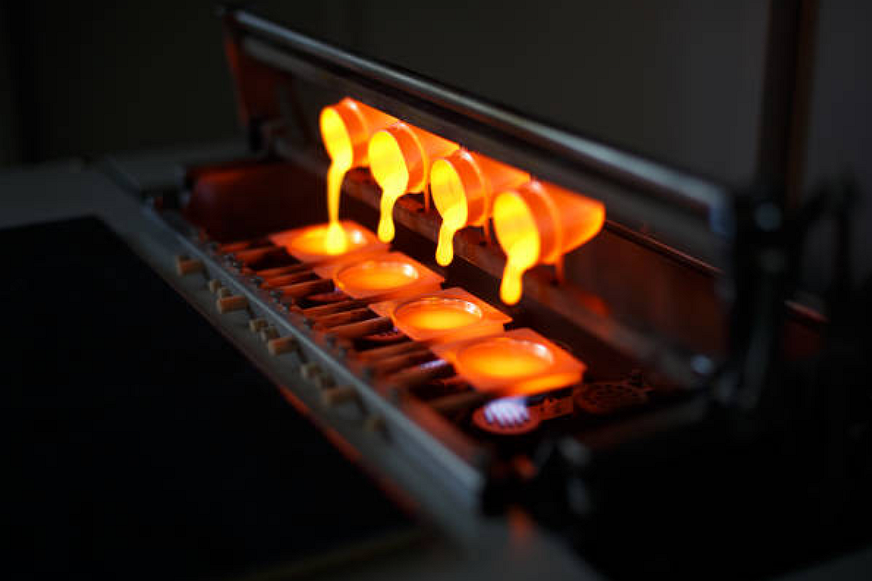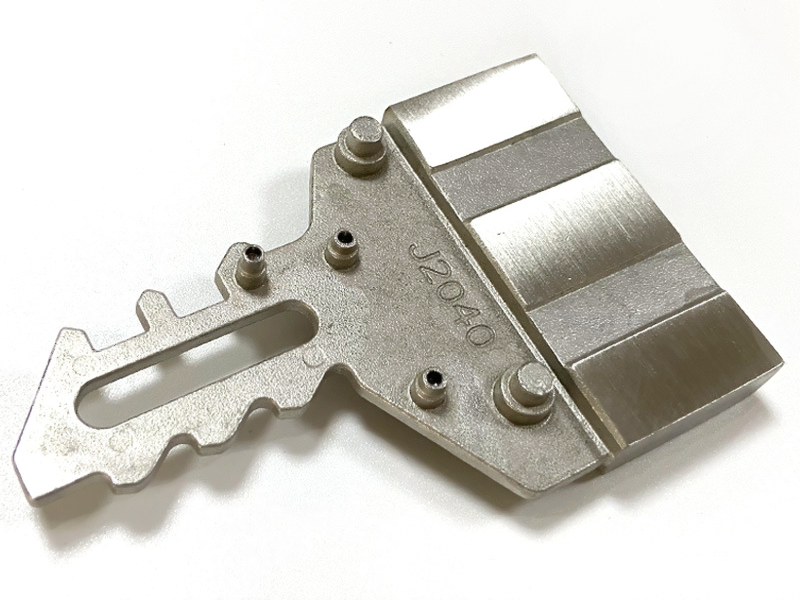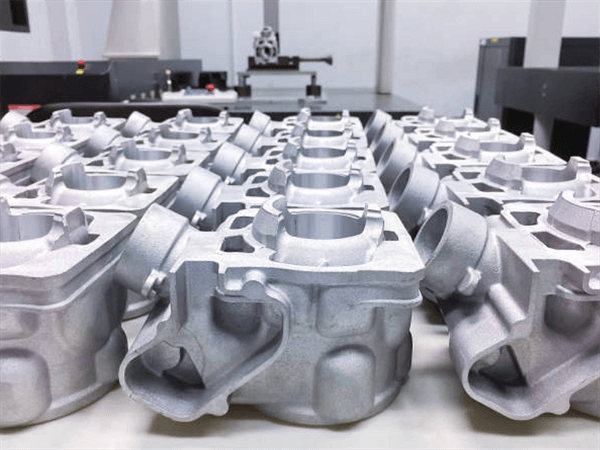What are the primary sustainability benefits of eco-smart custom gravity cast parts?
Eco-Smart Engineering in Gravity Casting
From an engineering standpoint, the gravity casting process naturally aligns with sustainability principles. Unlike pressure-based casting methods, gravity casting relies on the natural flow of metal, reducing energy usage during mold filling and solidification. When applied to eco-smart design strategies, this process enables manufacturers to produce durable components with minimal waste, lower emissions, and extended lifecycle value. The result is a balance between performance and environmental responsibility—achieved through intelligent material selection, efficient process integration, and recyclable alloy systems.
Sustainable Manufacturing Processes
At Neway, we integrate several advanced manufacturing processes that enhance the sustainability of custom gravity-cast parts. CNC machining prototyping helps achieve near-net-shape precision, reducing the need for excessive material removal. 3D printing prototyping enables the optimization of lightweight mold and core designs, reducing tooling waste and trial iterations. Combining precision casting with investment casting further minimizes re-melting and excess scrap, while sheet metal fabrication facilitates modular assembly, promoting material reuse and simplified recycling.
Green Surface Treatment Options
Surface finishing technologies have also evolved to align with eco-conscious manufacturing. Anodizing enhances corrosion resistance through an electrochemical process that produces minimal hazardous waste, while powder coating eliminates solvent emissions and allows full reclaim of overspray powder. These coatings extend the service life of cast components, reducing replacement frequency and conserving raw materials. Additionally, next-generation surface systems are being developed using water-based formulations and energy-efficient curing processes.
Sustainable Material Choices for Custom Cast Parts
The environmental benefits of gravity casting are magnified through material selection. Recyclable alloys, such as A356 aluminum and 383 (ADC12), maintain their mechanical integrity after multiple remelts. B390 aluminum and magnesium alloys support lightweighting initiatives, directly lowering energy consumption in transport applications. Copper alloys and nickel-based alloys offer long-term service durability and corrosion resistance, minimizing maintenance waste and lifecycle emissions.
Industries Driving Eco-Smart Gravity Casting
The automotive sector utilizes eco-smart gravity-cast aluminum to construct lighter vehicles, thereby reducing fuel consumption and carbon emissions. In the aerospace industry, high-performance alloys enable structural components that withstand fatigue while lowering aircraft weight. The energy industry incorporates recyclable alloys into turbine systems to enhance efficiency and reduce resource consumption. Together, these industries are proving that sustainable casting can meet the world’s growing performance demands without compromising ecological responsibility.



